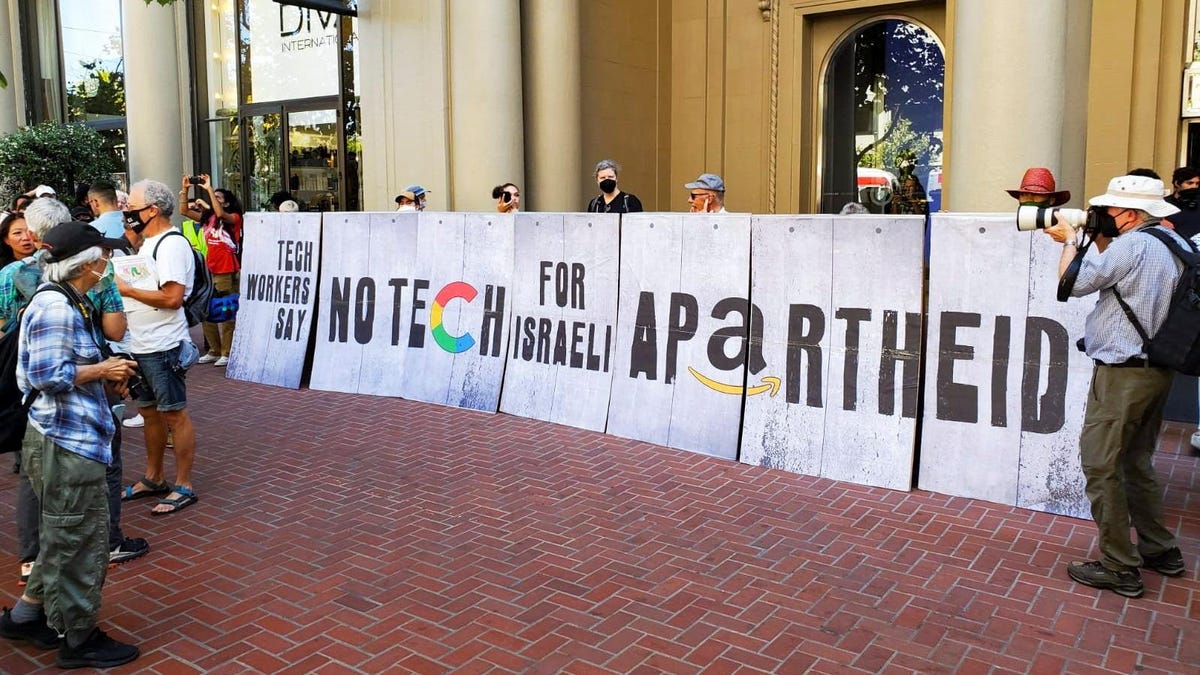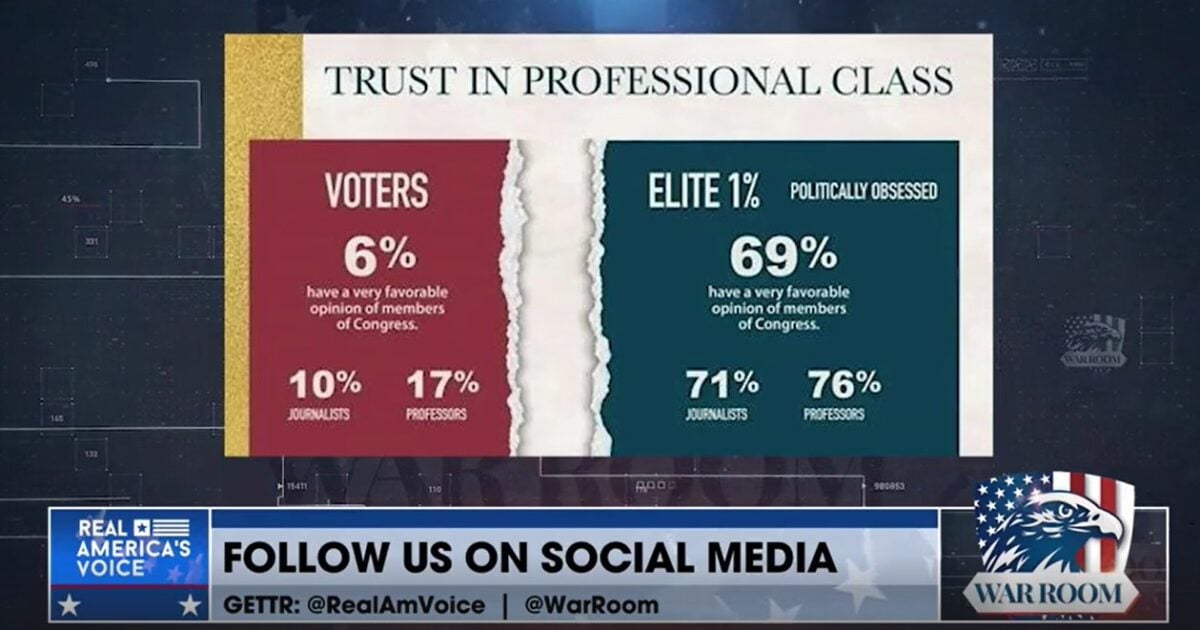Protests Against Cloud Computing Contracts
In a recent development, employees from Alphabet Inc. and its subsidiary Google, along with members of Jewish and Palestinian organizations, staged protests regarding the companies’ involvement in cloud computing services for the Israeli government. The protest was aimed at Google and Amazon, urging them to reconsider their contracts with the Israeli government for cloud computing and artificial intelligence services.
Internal Memo from Google CEO
Following the protests, Google CEO Sundar Pichai addressed the issue by advising employees not to engage in divisive discussions or political debates within the workplace. This came shortly after the company terminated 28 employees who participated in the protests against Google’s agreements with Israel.
In a blog post titled “Building for our AI future,” Pichai emphasized the company’s focus on artificial intelligence technology, without directly mentioning the controversial contracts. However, he underscored the importance of prioritizing the company’s mission and maintaining a work environment free from disruptions and safety concerns for employees.
Concerns Raised by Security Department
Prior to Pichai’s statement, Google’s head of security, Chris Rackow, issued an internal memo highlighting the disruptive nature of the protests. Rackow mentioned that the protesting employees had occupied office spaces, vandalized company property, and obstructed the work of their colleagues.
The group behind the protests, known as No Tech for Apartheid, called on Alphabet to withdraw from Project Nimbus, a significant contract with the Israeli government valued at $1.2 billion. The protesters asserted that Google’s involvement in providing cloud computing services to Israel contributes to the ongoing conflict in Gaza.
Denial of Genocide Accusations
In response to the accusations of complicity in genocide, the Israeli government denied such allegations, stating that its military actions in Gaza are not tantamount to genocide. The protests organized under the banner of “No Tech for Genocide” sought to draw attention to the ethical implications of tech companies’ collaborations with governments involved in conflicts.
Overall, the protests underscored the growing scrutiny faced by tech giants like Google and Amazon regarding their business partnerships and the moral dilemmas arising from their involvement in politically sensitive contracts.
Image/Photo credit: source url





